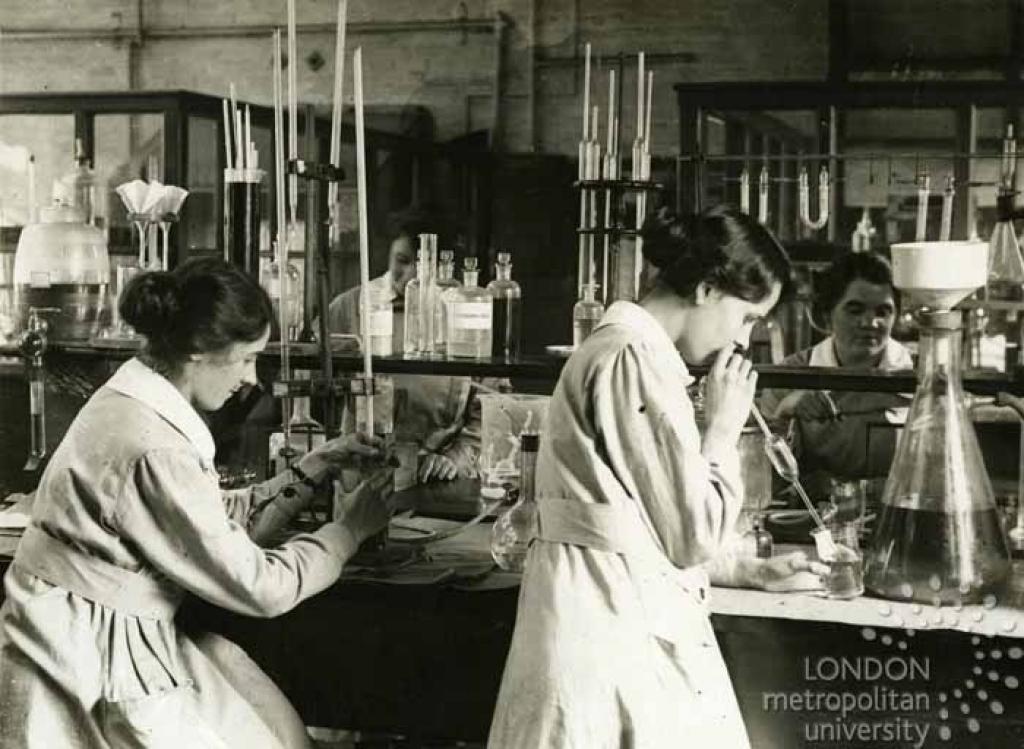

Yet the remarkable story of the extraordinary women who took over men’s jobs in hospitals, laboratories and government research facilities only to be forced to relinquish them once men returned from the front is largely unknown. Grainy images of women driving ambulances and working in munitions factories in the first world war have become familiar to us all.

Science dominates modern life, but perhaps the globe will be better off by limiting science's powers and undoing some of its effects.Physicist Hertha Ayrton. And rather than glorifying scientists as idealized heroes, she tells true stories about real people-men (and some women) who needed to earn their living, who made mistakes, and who trampled down their rivals.įinally, this provocative volume challenges scientific supremacy itself, arguing that science is successful not because it is always indubitably right, but because people have said that it is right. Instead of focussing on esoteric experiments and abstract theories, she explains how science belongs to the practical world of war, politics and business. We see for instance how Muslim leaders encouraged science by building massive libraries, hospitals, and astronomical observatories and we rediscover the significance of medieval Europe-long overlooked-where, surprisingly, religious institutions ensured science's survival, as the learning preserved in monasteries was subsequently developed in new and unique institutions: universities. Sweeping through the centuries from ancient Babylon right up to the latest hi-tech experiments in genetics and particle physics, Fara's book also ranges internationally, challenging notions of European superiority by emphasising the importance of scientific projects based around the world, including revealing discussions of China and the Islamic Empire alongside the more familiar stories about Copernicus's sun-centered astronomy, Newton's gravity, and Darwin's theory of evolution.

Aiming not just to provide information but to make people think, this unique book explores how science has become so powerful by describing the financial interests and imperial ambitions behind its success. In Science, Patricia Fara rewrites science's past to provide new ways of understanding and questioning our modern technological society.

Aiming not just to provide information but to make people think, this unique book explores how science has become.


 0 kommentar(er)
0 kommentar(er)
